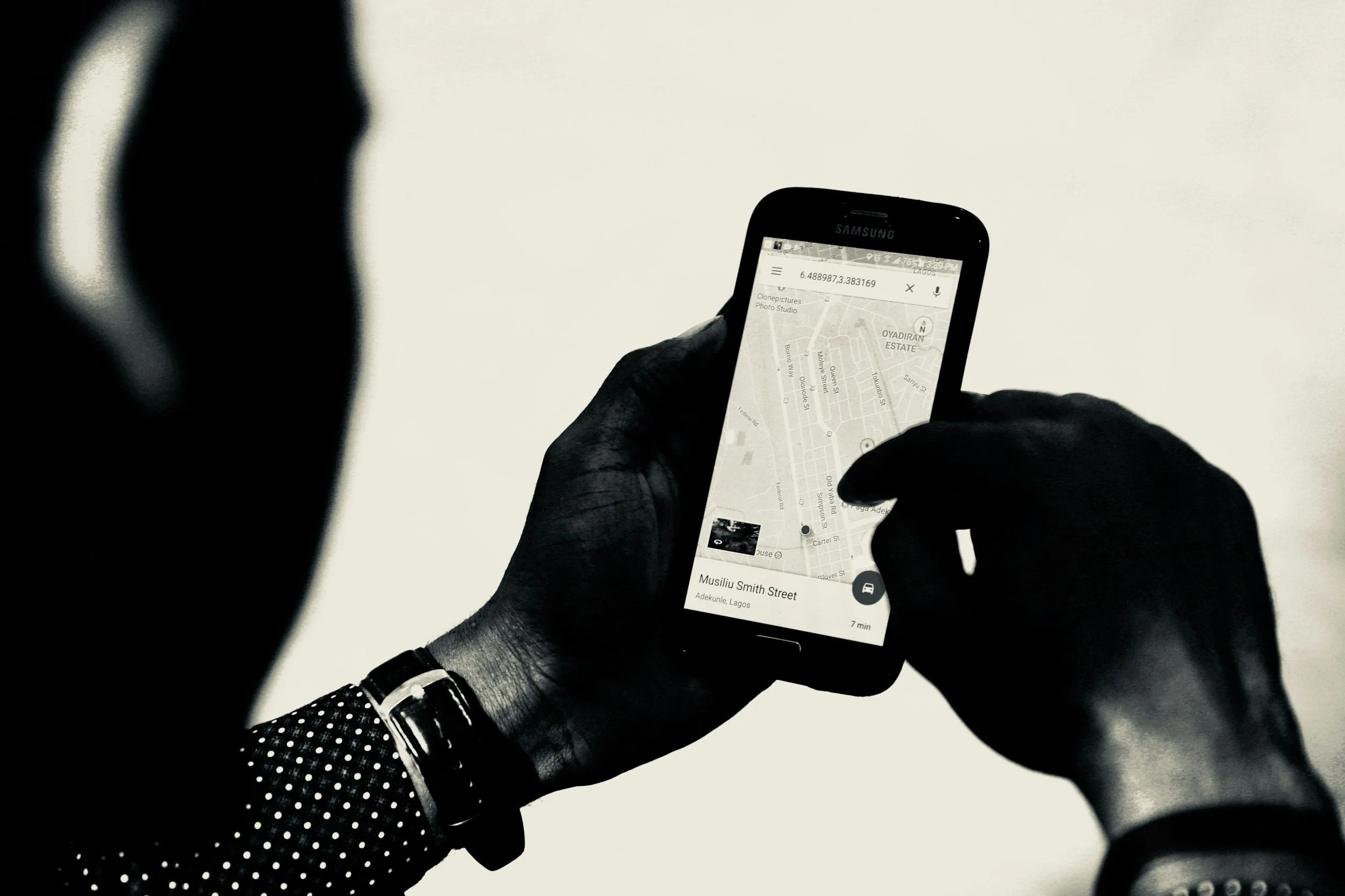AI-Powered Reverse Location Search Sparks Privacy Concerns Amid Viral Social Media Trend
Image Credit: Desola Lanre-Ologun | Splash
A new trend involving AI models, particularly OpenAI’s ChatGPT, is gaining traction on social media, allowing users to identify locations from photos through a process known as "reverse location search". This development, driven by advanced AI image reasoning capabilities, has sparked significant privacy concerns among experts and users.
The Rise of AI Reverse Location Search
The trend emerged following the release of OpenAI’s o3 and o4-mini models in April 2025, which introduced enhanced image reasoning capabilities to ChatGPT. These models can analyze photos, identify contextual clues, and perform web searches to pinpoint locations with notable accuracy, even when metadata like GPS coordinates is removed. Users upload images—ranging from street scenes to restaurant menus—and prompt the AI to play a game similar to GeoGuessr, where the model guesses the location. Posts on X highlight the trend’s popularity, with users expressing amazement at the AI’s ability to identify specific places, such as a hotel in Da Nang or a restaurant in San Francisco, based on minimal visual cues.
This capability is not unique to ChatGPT. Other AI models, including Google Gemini, Anthropic’s Claude, and MOLMO, offer similar image analysis features. For instance, Gemini has provided comparable functionality since mid-2024, while Claude and others are rapidly advancing in this area. The accessibility of these tools has turned reverse location search into a viral social media challenge, with users testing the AI’s accuracy for entertainment. However, the ease of use and widespread adoption have raised alarms about potential misuse.
[Read More: AI Image Generation in 2024: A Year of Refinement Amidst the Rise of Video Generation]
Privacy and Security Risks
The ability of AI models to deduce locations from photos poses significant privacy risks. Cybersecurity experts warn that malicious actors could exploit this technology for stalking, doxxing, or harassment. For example, a photo shared on social media, such as an Instagram story, could be uploaded to an AI model to reveal a person’s home, workplace, or real-time whereabouts. Unlike traditional reverse image searches, which often rely on metadata or manual effort, AI models like ChatGPT can extract location details from visual elements alone, such as street signs, architectural styles, or background objects.
Tests conducted by media outlets, including Mashable and TechRadar, demonstrate the AI’s capabilities and limitations. In one instance, ChatGPT accurately suggested specific addresses from photos, though it occasionally misidentified locations, such as mistaking a Buffalo rooftop for one in Rochester. Despite these errors, the AI’s precision in certain cases has heightened concerns, particularly for individuals vulnerable to privacy breaches, such as public figures or activists.
Experts also highlight broader implications. Sensitive locations, such as protest sites or private gatherings, could be inferred, posing risks to journalists, whistleblowers, or marginalized groups. Additionally, there are concerns about data handling by AI companies. While OpenAI states that it has implemented safeguards to prevent models from identifying private individuals or sharing sensitive information, critics argue that the lack of specific restrictions on reverse location search leaves room for abuse. There is also the potential for location data to be shared with third parties or exposed in data breaches, further compounding privacy risks.
[Read More: 10 Ways to Protect Your Privacy While Using DeepSeek]
Expert Perspectives on AI and Privacy
Cybersecurity professionals emphasize that AI-powered reverse location search represents an evolution of existing technologies, amplified by AI’s advanced reasoning and accessibility. Miguel Fornés of Surfshark describes AI models as “unethical OSINT analysts”, capable of performing open-source intelligence tasks with minimal effort. Iskander Sanchez-Rola of Norton attributes the trend’s rise to the maturity of AI’s visual recognition and contextual analysis, which have made such capabilities widely available. Eamonn Maguire of Proton suggests that AI companies may be encouraging viral trends to collect diverse datasets, including location-specific images, to enhance their models.
Privacy experts call for stronger regulations and technical safeguards. An anonymous AI researcher cited in a community forum described location inference as a “high-risk capability” and criticized the reactive approach to safety by some AI developers. Without proactive measures, such as limiting the granularity of location outputs or requiring user consent for image analysis, the potential for misuse remains high.
[Read More: DeepSeek AI Faces Security and Privacy Backlash Amid OpenAI Data Theft Allegations]
Practical Steps to Stay Safe
To mitigate the risks associated with AI reverse location search, experts recommend several privacy-conscious practices:
Remove Metadata: Use tools to strip EXIF data, including GPS coordinates, from photos before sharing. Apps like ExifTool or built-in smartphone features on smartphones can help, though this alone is insufficient, as AI models do not rely solely on metadata.
Blur or Crop Identifying Details: Edit photos to obscure house numbers, license plates, or background elements that could reveal a location. Pay attention to subtle clues, such as unique landmarks or signage.
Avoid Real-Time Sharing: Delay posting photos, especially from private or sensitive locations, to reduce the risk of real-time tracking.
Check Reflective Surfaces: Inspect images for reflections in windows, mirrors, or screens that might inadvertently reveal additional details.
Limit Image Quality: Avoid sharing high-resolution photos, as AI models can zoom in to extract small details. Lower-quality images reduce this risk.
Use Secure Editing Tools: Opt for privacy-focused apps for editing photos, avoiding those that upload images to unencrypted cloud servers.
Review Privacy Settings: Restrict who can view your social media posts by adjusting platform settings to limit access to trusted contacts.
These steps, while not foolproof, can significantly reduce the likelihood of location exposure through AI analysis.
[Read More: ChatGPT-4o vs Playground AI: Best Free AI Image Generator in 2025?]
Industry Response and Future Outlook
OpenAI has acknowledged privacy concerns, stating that its models are trained to refuse requests for sensitive information and are monitored for policy violations. However, the company has not introduced specific restrictions on reverse location search, prompting calls for more robust safeguards. Other AI providers, such as Google and Anthropic, face similar scrutiny as their models gain comparable capabilities.
The reverse location search trend underscores the tension between AI innovation and user privacy. As AI models become more sophisticated, the need for ethical guidelines and regulatory oversight grows. Experts urge users to stay informed about AI capabilities and adopt proactive privacy measures to navigate this evolving landscape safely.
This report is based on verified information from reputable sources, including TechRadar, Mashable, TechCrunch, and expert commentary, ensuring accuracy and credibility for the general public.
Source: Life Hacker, Mashable, Tech Crunch, Tech Radar












